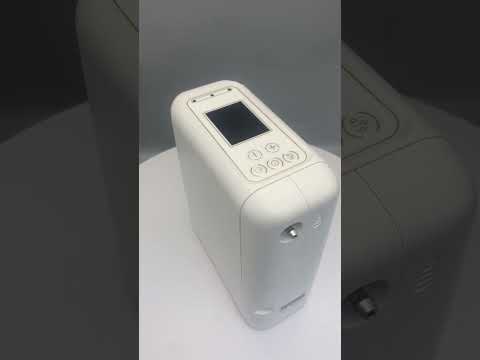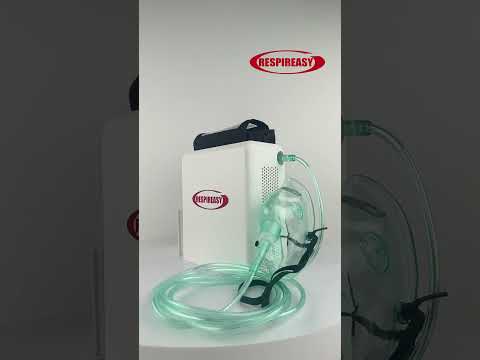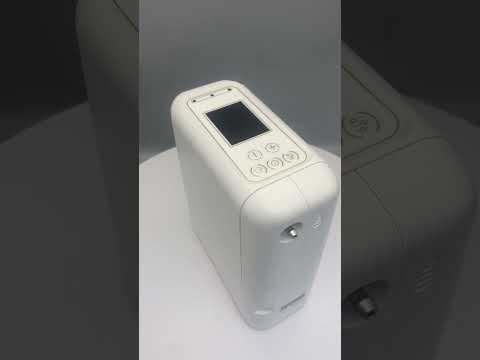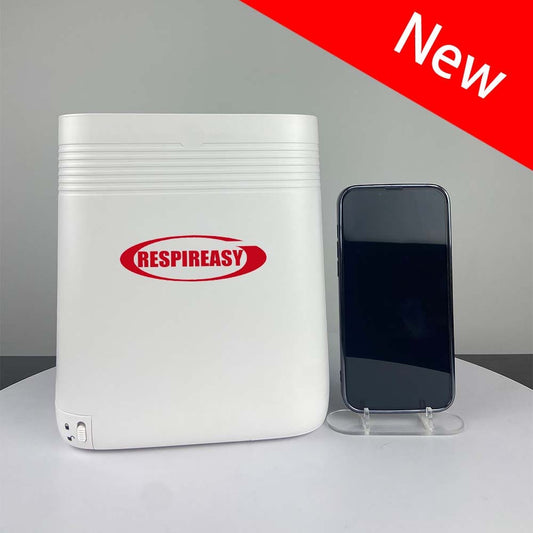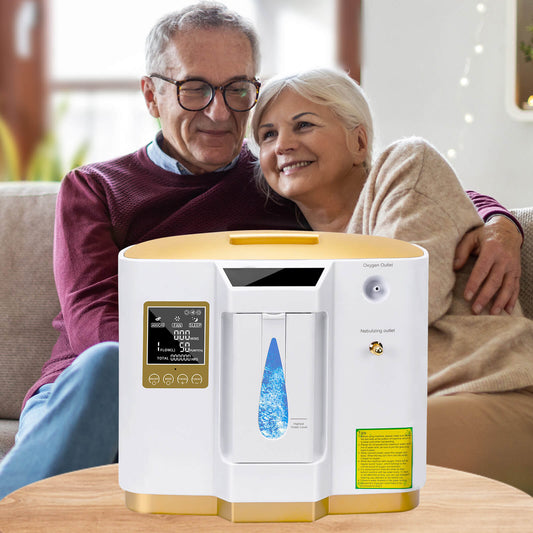In Addition To Snoring, These 7 Signs May Be Obstructive Sleep Apnea (OSA)
Share

Obstructive sleep apnea (OSA) is becoming more and more a household name. As the field of sleep medicine learns more about the different manifestations, symptoms, and short- and long-term effects, more and more people are being diagnosed with OSA.
If you or a loved one seems to have trouble getting a good night's sleep, is sleepy during the day, or stops breathing throughout the night, they may have obstructive sleep apnea.
What is Obstructive Sleep Apnea (OSA)?
Obstructive sleep apnea is a sleep-related breathing disorder. Despite continued effort to breathe, the patient's airflow may decrease or stop altogether. The muscles of the neck and throat relax during sleep, and the soft tissues in the back of the throat collapse. Collapsed soft tissue causes upper airway obstruction.

airway narrowing
Upper airway obstruction causes partial and complete cessation of a person's breathing. Pauses lasted at least 10 seconds and averaged up to 30 seconds. Longer pauses may occur in more severe cases. What do these pauses mean for patients? They cause a significant decrease in blood oxygen saturation.
Lack of oxygen triggers your brain. Your brain alerts your body to wake up from sleep so it can resume normal breathing patterns. You fall asleep again, experience another pause, the brain is triggered and the body wakes from sleep. This series happens over and over again throughout the night.
The result is sleep fragmentation, leaving you feeling overly sleepy during the day. Fragmented sleep can lead to many other serious health problems.
8 Signs You Have OSA
- Loud snoring

loud snoring
Loud snoring is a symptom of most people with obstructive sleep apnea. Some people snoring doesn't mean they have obstructive sleep apnea. How to distinguish snoring from obstructive sleep apnea? You can judge by the following introduction of snoring audio.
High-frequency, intermittent snoring is more likely to be caused by sleep apnea, and severe cases may cause sudden death. Usually people who are used to breathing through their mouths, with thick tongues or with the base of the tongue falling back are prone to it. Such patients have narrower airways. When there is insufficient oxygen, the brain will order the chest cavity to inhale more violently. The sudden increase in airflow pressure will completely close the already narrow airway. Like an overused straw, if you suck it hard to the end, the straw will shrink flat and can't suck anything.
The result of violent inhalation will be a series of passionate snoring sounds, followed by an abrupt silence, ranging from 10 seconds to as long as 1 minute, during which time the heart may even stop beating. This dead silence is usually under the survival instinct of the human body. Patients will wake up from sleep and sometimes breathe again as if they were choked. Patients usually wake up with involuntary REM, then fall back into a deep sleep shortly afterwards, and the cycle repeats throughout the night. For patients with severe obstructive sleep apnea who have more than 30 breathing interruptions in one hour, there are at least 240 sleep apnea or hypopnea events during 8 hours of sleep every night. Snoring is one of the important signs of obstructive sleep apnea. It is best to go to the sleep center for objective data examination first.
- Waking up suddenly gasping or choking
Sometimes our patients don't remember moments of wheezing, or your bedmates and family at your bedside notice.
- Hypertension
The sudden drop in oxygen stresses and burdens the entire cardiovascular system, making your heart work harder and raising blood pressure.
- Dry mouth or sore throat

sore throat
Dry mouth may seem like a symptom of sleeping with your mouth open, but it's actually a symptom of OSA. Those with OSA were twice as likely to develop xerostomia than those without OSA.
Dry mouth breathing and snoring can also cause patients to wake up with a sore throat. Sore throat seems to co-occur with dry mouth, but not always.
- Morning headache

morning headache
Low oxygen levels in the brain can cause blood vessels to dilate, which can cause headaches.
- Difficulty concentrating
When we don't get rest, our brains develop "brain fog." Difficulty concentrating on everyday tasks or concentrating on essential tasks.
- Irritability or depression
When we sleep, our brains do much-needed self-repair and recovery. If you're not getting quality sleep, your brain is suffering. Mood-related chemicals can be negatively affected by sleep apnea. This shift in brain chemistry can lead to mood swings, depression, irritability, and more.
- Daytime sleepiness
The disease can cause patients to snore frequently when sleeping at night, causing frequent apnea, which in turn interferes with sleep and affects sleep quality. Long-term lack of sleep may cause patients to show symptoms of lethargy and snoring, and may also be accompanied by symptoms such as morning headaches and daytime sleepiness.
DEDAKJ Oxygen Concentrator
Established in 1953, with ISO, CE, RoHS and PSE certifications, with medical oxygen concentrators and home oxygen breathing machines as the core, DEDAKJ is the top-rated oxygen concentrator supplier,offers the mini &small oxygen concentrator, household portable oxygen making machine, the medical grade 10 liter oxygen concentrator for hospital oxygen therapy &clinics oxigenoterapia. More The DEDAKJ Oxygen Concentrator store website offers the DEDAKJ original oxygen accessory oxygen parts & components. All DEDAKJ oxygen machine oxygen concentrators concentrador de oxigeno and original oxygen accessories parts can be bought here.
Buy online the best quality portable oxygen concentrator in DEDAKJ oxygen concentrator store.

































